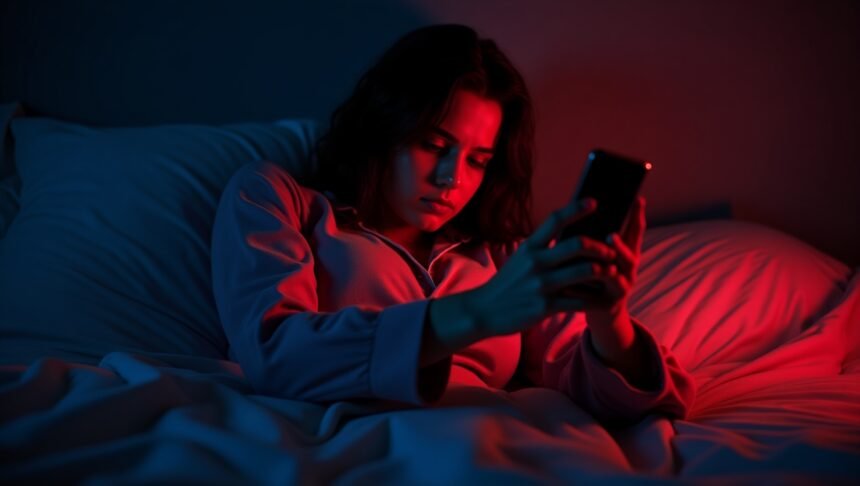Extra ladies are turning to ChatGPT for emotional assist, utilizing the AI chatbot as a stand-in therapist as psychological well being methods buckle beneath stress. With lengthy wait instances and hovering prices, AI is filling a rising hole.
Psychological well being care is more durable to entry than ever. Within the UK, NHS knowledge exhibits sufferers are eight instances extra prone to wait over 18 months for psychological well being therapy than for bodily well being. Personal remedy isn’t all the time an possibility both, with classes costing £60 or extra.
In that vacuum, ChatGPT has turn out to be a stunning outlet.
Actual voices, actual emotions
Charly, 29, from London, turned to ChatGPT whereas grappling along with her grandmother’s terminal sickness:
“It’s been so useful to ask the crass, the ugly, the just about merciless questions on dying… the issues I really feel twisted for wanting to grasp.”
Ellie, 27, from South Wales, stated it helped her really feel seen when nobody else was round:
“It didn’t have full context to my life like my therapist does, but it surely was accessible and non-judgmental in instances of disaster.”
Julia, 30, in Munich, used it when her therapist was booked up. The responses felt much like a remedy app:
“I used to be stunned at how good the solutions have been… but it surely was too sensible. My therapist challenges me. ChatGPT didn’t do this.”
 Picture by M. on Unsplash
Picture by M. on Unsplash
What AI can and may’t do
ChatGPT gives on the spot, always-available assist. It’s personal, non-judgmental, and infrequently comforting. But it surely lacks emotional nuance, lived context, and the powerful questioning that drives actual therapeutic development.
AI isn’t a alternative for skilled professionals, however for a lot of ladies caught in limbo, it’s turn out to be a digital lifeline.
The larger situation? Persons are asking robots for empathy as a result of the human methods maintain failing them.









